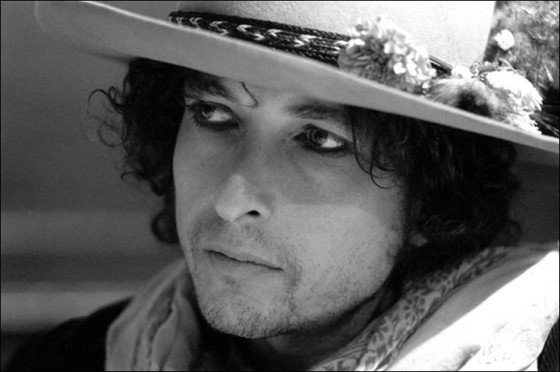10 Songs That Will Reduce An Open Heart To Tears: #6

Bob Dylan’s “Simple Twist of Fate”
Four instruments – acoustic guitar, acoustic bass, harmonica, voice.
One chord pattern – a single verse of music – repeated eight times, six with vocals, two with harmonica (on the fourth and eight progressions).
No real chorus, no bridge.
A simple, single-episode narrative about a man and woman meeting once, spending a night, and the vastly differing emotional reactions they have.
On paper, of course, it sounds pretty standard.
But obviously, it’s all how it’s handled and delivered.
Something people don’t tend to talk about that much with Dylan is his ease on the acoustic guitar.
There’s a beautiful, incredibly idiosyncratic way that he switches chords and articulates certain strings, certain notes, for example – just listen to the intro here and you’ll hear it – that conveys not only a sense of human-ness that is undeniable, but lets a listener know immediately that something of great emotional import is being set up.
He pulls you in immediately.
And the intimate dance that the acoustic guitar and bass are making feels itself like a real-time courtship. You can hear the fact that Dylan didn’t let the players get to know these songs at all, never rehearsing in any real sense, just having them show up and respond to his playing and singing, very often actually needing to watch his hands in order to know what chord came next.
The brilliance of this trial-by-fire way of recording – one which many a world-class musician would initially object to because of the vulnerability and possibility of mistakes it engenders, but which ultimately, for the very same reasons, can, given the right combination of players and energy, yield an unbelievable amount of humanity – is captured in this song, this performance.
And finally, the song displays one of the most memorable, powerful, and successful vocal devices of Dylan’s entire career.
The culmination of each verse, in which the subdued, even underplayed storytelling voice launches into the stratosphere for a single syllable (the ones that rhyme with fate), is one of the single most arresting vocal techniques ever employed.
(And producer Phil Ramone’s brilliant use of reverb to accentuate it was a little masterstroke as well.)
All of these things are true, and still, the whole is so much greater than the sum of its parts.
There is simply something about the universal feeling of loneliness, and the thwarted desire for genuine connection, for real love, that is conveyed so remarkably in this song.
And even that doesn’t sufficiently explain why it can make you cry.
You just have to listen.
NEXT SONG…
There are no comments yet, add one below.












